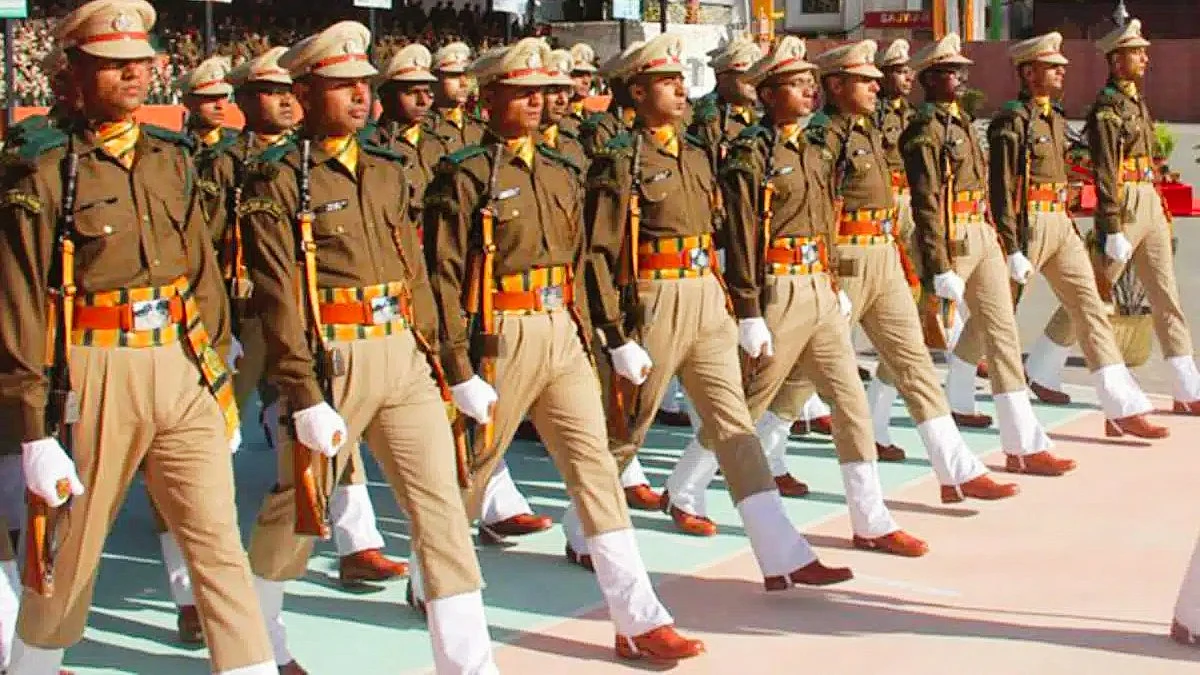New Delhi — The Supreme Court’s decision to dismiss the Centre’s review petition on IPS deputations has sent ripples through the country’s policing hierarchy. The order, which progressively limits the number of IPS officers sent on deputation to the CAPFs, is being seen as a landmark in the long-running debate over control, career progression, and institutional independence within India’s paramilitary forces.
For the IPS cadre, which has traditionally held top leadership posts in the Border Security Force (BSF), Central Reserve Police Force (CRPF), Indo-Tibetan Border Police (ITBP), Central Industrial Security Force (CISF), and Sashastra Seema Bal (SSB), the verdict represents an unexpected curtailment of influence. Officers privately describe an “uneasy calm,” acknowledging that the court’s directions could permanently alter the balance of power between the All India Services and the central forces.
The Court’s Verdict and Its Legal Trajectory
The May 2023 judgment, delivered by a bench of Justices A.S. Oka and Ujjal Bhuyan, directed the Centre to gradually reduce IPS deputations up to the rank of Inspector General within two years. When the Union Government sought a review, a subsequent bench led by Justices Surya Kant and Ujjal Bhuyan reaffirmed the original order in late October 2025, cementing the ruling’s permanence.
The decision stems from a petition filed by Group A CAPF officers in 2021, who argued that the long-standing system of deputation from the IPS had effectively blocked internal promotions and denied them parity. Their legal campaign demanded Non-Functional Financial Upgradation (NFFU), cadre restructuring, and recruitment reforms that would empower the CAPFs to promote officers from within their own ranks rather than depending on deputed IPS officers.
A Turning Point in Power Dynamics
The ruling is being viewed as a watershed moment for the CAPF cadre, which has often described itself as a “service without a voice.” For decades, nearly 20 percent of Deputy Inspector General (DIG) posts and half of all Inspector General (IG) posts were reserved for IPS officers. With the court’s final order, that dominance is expected to shrink significantly, creating space for internal promotions.
Policy observers say the decision redefines civil–military–administrative balance within India’s internal security ecosystem. “It’s a rare moment when institutional autonomy prevails over bureaucratic hierarchy,” said a senior retired CAPF officer. For the nearly 13,000 officers affected by stagnation, the judgment represents not just relief but recognition — an opportunity for faster promotions and organizational pride long withheld.
Between Reform and Resistance
The court’s ruling, however, has sparked discomfort among sections of the IPS fraternity, who view the move as weakening the principle of unified command that binds central and state policing systems. Senior IPS officers argue that deputations were originally intended to maintain professional coherence and standardization across India’s law enforcement apparatus. The Centre may now have to revisit cadre policies to preserve coordination between civil administration and paramilitary operations.
For the CAPFs, the judgment marks a symbolic and practical turning point — the end of decades-long dependence on external leadership. It also sets a precedent for how India’s security institutions might evolve toward a more federated, merit-based structure.
As one observer noted, “This is not just a legal verdict — it’s a quiet reordering of India’s internal power map.”



